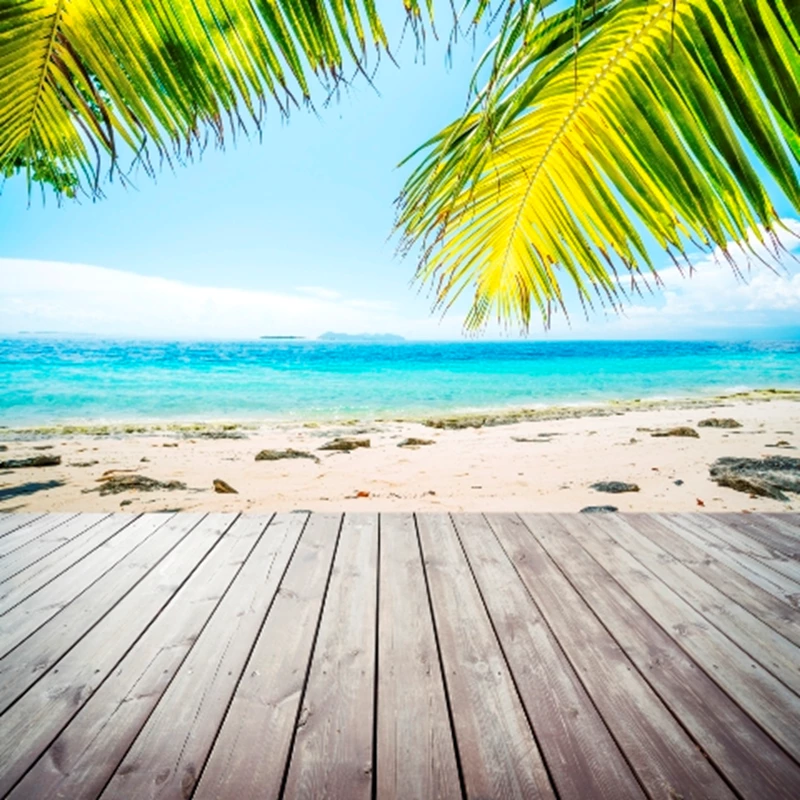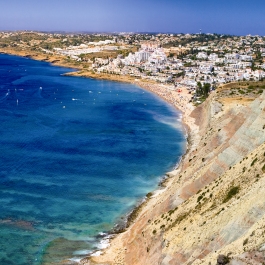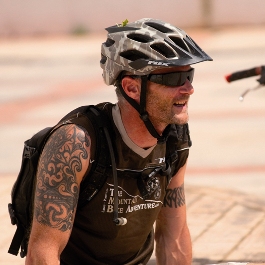
Lagos?
A harbour town at the mouth of the River Bensafrim, with around 30,000 people, that marks the break between the central and western Algarve. Lagos (pronounced Largosh) is 55 kilometres along the coast from Albufeira and an hour's drive from Faro Airport. It's been a port for more than 2,000 years, handily situated at the stepping-off point from Europe to the Atlantic and Africa, and it was the home of Prince Henry the Navigator, the 15th-century Portuguese hero/explorer.
The town was rebuilt following a devastating earthquake and tsunami in 1755, but historical remains include the shameful legacy of Portugal's former import-export speciality: the Slave Market. Most visitors have come willingly, though, and Lagos has (almost) always welcomed the British. For buyers today, the appeal of Lagos is in being beyond the range of most tourists arriving into Faro Airport.
It's a lively seaside town throughout the year, with an amazing marina that attracts ocean-going craft, as well as great beaches and plenty of golf courses. Beyond the fairways, Lagos's hinterland is attractive, too, and very rural, with mountains, hillsides full of vineyards and remote villages that have hardly changed for generations.
The British Connection
British crusaders helped force the Moors out of the Algarve 800 years ago, but, as another great seafaring nation, the British have occasionally rubbed the locals up the wrong way. On each occasion, though, it was nothing personal – because in the 1580s Francis Drake attacked Lagos when it was ruled by the Spanish, and the two Battles of Lagos (1693 and 1759) were between the Royal Navy and the French.
The British have a unique relationship with the Algarve. We love it, and not just during the summer. Even in October 2011, more than 330,000 Brits flew into Faro Airport, three times more than the next largest nationality, the Germans.
The disappearance of Madeleine McCann from Praia da Luz in 2007 has not dented the warm relationship between the British and the local Portuguese.
Things to do
Lagos Town
The town centre still has the charm of the original fishing village, with cobbled streets, café culture and the fish market. It has a long waterside promenade, where the mood changes: in the morning, it's a quiet place to read the papers with a coffee and pastel de nata (custard tart). At lunchtime, enjoy bifanas (pork sandwiches) and sardines, and, as the night falls, musicians play here and artists try to sell their goods, and the wine bars and nightclubs open. The Three Monkeys is a particularly lively example.
The tourist authorities are actively promoting the year-round appeal of Lagos, especially as a venue for adventure sports, such as climbing, windsurfing, motorbiking, quad biking, sand-yachting and mountain biking.
Beaches
 There are 13 great beaches within 15 minutes of Lagos, and double that within 30 minutes. The south coast is golden sand, including long stretches like Meia Praia as well as more sheltered coves. The western coast, just a short drive away, has dramatic granite cliffs and is a protected national park. Dolphin-watching boat trips are a tourist favourite.
There are 13 great beaches within 15 minutes of Lagos, and double that within 30 minutes. The south coast is golden sand, including long stretches like Meia Praia as well as more sheltered coves. The western coast, just a short drive away, has dramatic granite cliffs and is a protected national park. Dolphin-watching boat trips are a tourist favourite.
Surfing
One of the best and most consistent surfing venues in Europe, jutting into the Atlantic, with the two coasts – south and west – offering a great variety of surf. The presence of so many surfers brings the average age of expats down considerably and adds to the general gaiety of the town.
Golf
The Algarve is famous for its golf. Celebrities who have bought near to golf courses here include Michael Owen and Alan Shearer. In Lagos, there is Boavista, and arguably the most attractive course in Portugal, the 27-hole Palmares course, overlooking the Bay of Lagos.
Getting there
EasyJet flies from all over the UK (Bristol, Gatwick, Liverpool, Luton, Newcastle, Glasgow, Belfast, Stansted), while Ryanair covers Bournemouth, Edinburgh, Leeds, Birmingham, Derry and Manchester. Monarch and BA also fl y to Faro, as do many regional airlines and charter operators.
By train, the Sud Express overnight from the French/Spanish border is a joy, and services from Lisbon to the Algarve have been greatly speeded up by a new bridge across the River Tagus.
Climate
Atlantic sea breezes take the edge off the summer heat, though you can still expect summertime average highs of 28ºC, with winter averages a pleasant 15ºC. Don't expect snow or even frost, but it can rain a lot between November and March.
The property market in Lagos
Portugal hasn't seen the rollercoaster ride of the Spanish property market, so, while there are still excess properties to be sold, don't expect to find a “silly” offer accepted. The number of expats fell after the global downturn, as exchange-rate changes forced some retirees home, but that has stabilised, and the Algarve and Lagos are growing again in popularity for permanent relocation.
There is a wide choice of areas and accommodation, including the old town and more touristy places like Belmar or Praia da Luz. David Westmoreland, the owner of B&P Real Estate Agents, says:
“Lagos is so popular with overseas buyers because the town has everything that a prospective purchaser would look for. The town is primarily an owners' destination. Having relatively few hotels and being 50 minutes from the airport means that the package-holiday crowd avoids Lagos. The clientele is more discerning, and this manifests itself in the style of bars, restaurants and the general atmosphere in the town.
“Properties vary in price, from studio apartments around €100,000 (£83,100) to townhouses at €200,000 (£166,100), and villas starting at €300,000 (£249,200). Of course, you can also buy higher-value properties, with apartments selling for over €1m (£831,000) and villas for up to €3m (£2,492,000).”
“Particularly interesting areas include the Atalaia on the outskirts of Lagos between Boavista Golf Course and Lagos, Porto de Mos beach and the traditional Meia Praia beach areas. Also a fantastic villa development in Ponta da Piedade in Lagos has 28 plots, most with sea views. Initial valuations are €750,000 (£623,000) for a three-bedroom villa, but the developer is prepared to sell the first six plots at half price, so you could have an amazing contemporary-style villa with swimming pool, 200 metres from the ocean, for around €495,000 (£411,200).”
Case Study
 Jim Carroll, 38, arrived from Shrewsbury to set up The Mountain Bike Adventure company, and lives in a farmhouse in Praia da Luz with his Dutch girlfriend.
Jim Carroll, 38, arrived from Shrewsbury to set up The Mountain Bike Adventure company, and lives in a farmhouse in Praia da Luz with his Dutch girlfriend.
I came here on a surfing holiday seven years ago and fell in love with the place. I could see the potential for mountain biking holidays, and I was sick of doing my office job at home.
At the time, no one was doing mountain biking holidays here, but the terrain is amazing for it, with Monchique mountain, two very different coasts and national parks. The business has done very well. To make a living year-round, like I do, you have to really be a specialist and offer something exceptional. And I have a partner who's experienced in doing business here – that's really important here, too.
I like the wide mix of people here, even among the expats. You have the retired ones, playing golf and living in both Lagos and the villages. At the marina, you have the “yachties”, and then there's the surfing and mountain biking crowd.
I get by, but Portuguese is not easy to learn. The pronunciation is hard, anyway, but added to that the Algarve accent is very strong, and they swallow the start and end of every word.
The cost of living is cheap, as long as you eat like the Portuguese – not imported British food. The health service is not bad, and even better if you go private. I've had two back operations, but only pay around €300 (£250) per year. Most British people live in apartments and villas, but I was lucky in finding a traditional farmhouse. I'm very settled, and have no intention of going back.
